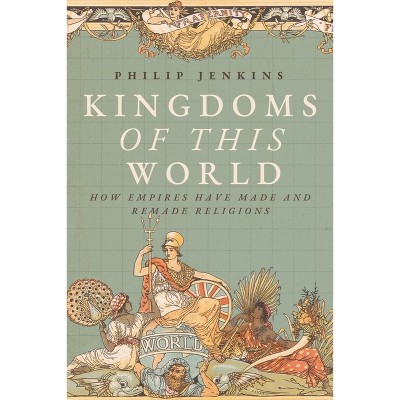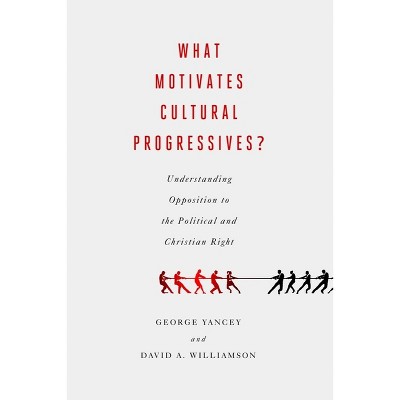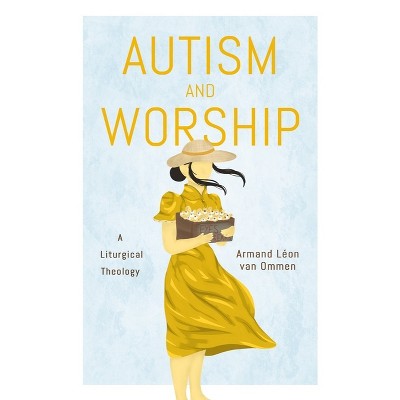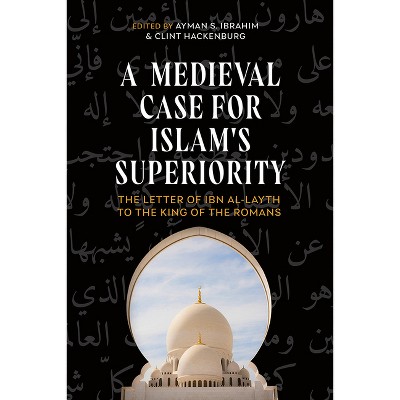About this item
Highlights
- Understanding Woodrow Wilson's approach to international relations requires acknowledgment of his Protestant faith.
- About the Author: Milan Babík is Visiting Assistant Professor of Government at Colby College.
- 277 Pages
- Religion + Beliefs, Religion, Politics & State
Description
About the Book
Statecraft and Salvation traces Wilson's "New Democracyto liberal internationalism as an effort distinctly shaped by his faith.Book Synopsis
Understanding Woodrow Wilson's approach to international relations requires acknowledgment of his Protestant faith. In Statecraft and Salvation, Milan Babík delivers a fresh analysis of Wilson's progressive international political thought by examining it within the broader context of the American liberal tradition. The progressive belief that the world in general, and Europe in particular, could achieve peace carried with it a secular hope and a Christian eschatological vision for the future. Babík contends that the ultimate result of this belief devolved to serve a more totalitarian agenda. Statecraft and Salvation traces Wilson's "New Democracy" to liberal internationalism as an effort distinctly shaped by his faith.
Review Quotes
Babík argues succinctly and with verve...
-- "Choice"Babik's argument is cogent and based on a wealth of solid evidence. It is historical, theoretical, and at times even theological...The book should be reckoned with in a variety of fields.
--Barry Hankins "Journal of Church and State"This book adds greatly to the study of international history by placing yet another foundation stone in the scholarly understanding of the relationship between theology and political thought. It is a welcome addition to the scholarship of international history.
--Malcolm D. Magee, Michigan State University "The Review of Politics"About the Author
Milan Babík is Visiting Assistant Professor of Government at Colby College. He holds a D.Phil. from the University of Oxford and specializes in international relations theory and the history of ideas.
Shipping details
Return details
Trending Poetry












